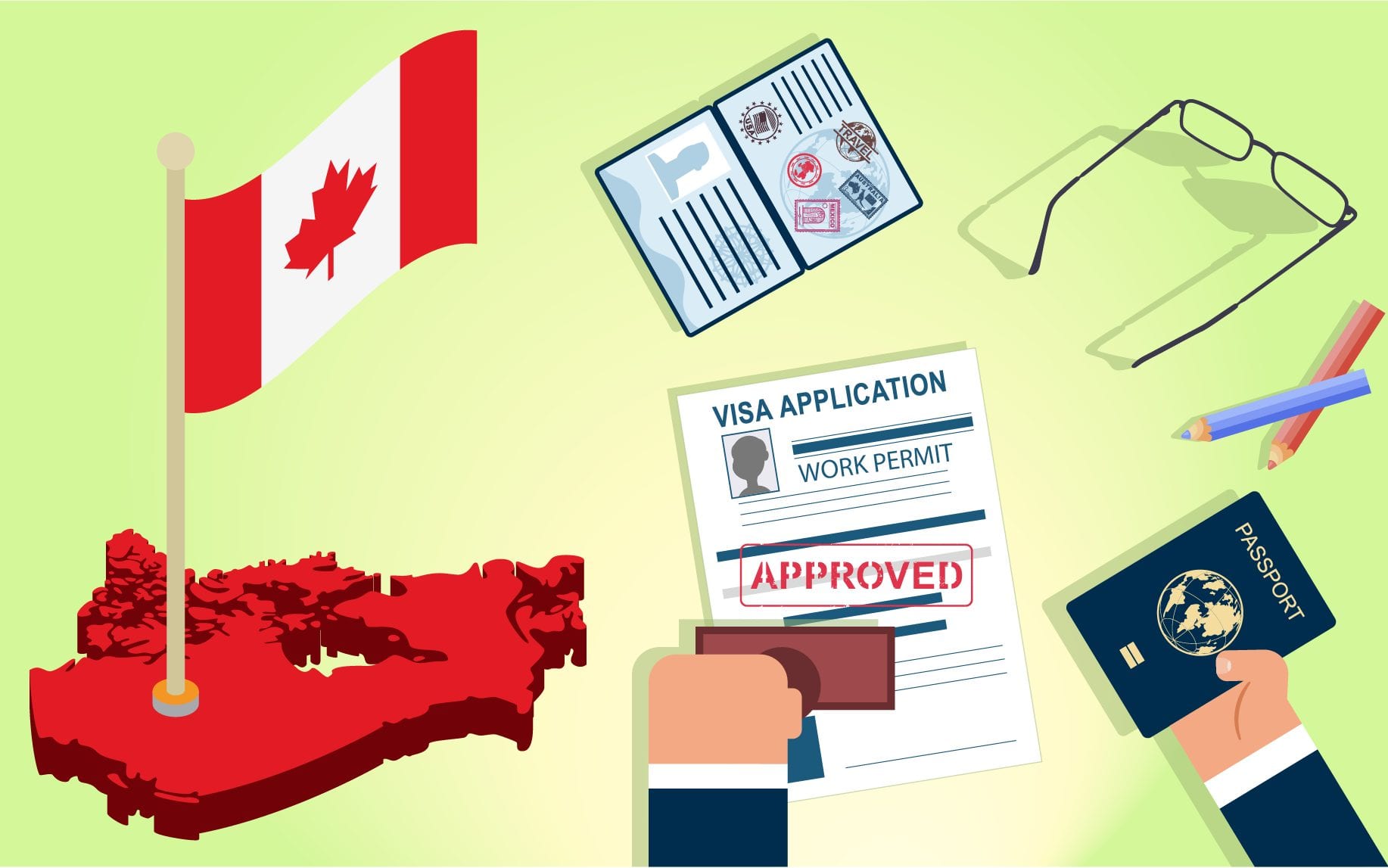Are you a Papua New Guinean traveler planning to visit India? If yes, then brace yourself for the Indian visa application process. It can be quite overwhelming and confusing, but don’t worry! We’ve got your back. In this blog post, we will guide you through the Indian visa application process and provide useful tips that will make things easier for you. So sit tight, grab a cup of coffee, and let’s get started on navigating the Indian visa application process together! INDIAN VISA FOR PAPAU NEW GUINEAN CITIZENS
Introduction to the Indian Visa Application Process
Are you a Papua New Guinean citizen planning to travel to India? If so, you’ll need to obtain a visa before your trip. The process for applying for an Indian visa can seem daunting, but we’re here to help! Read on for a step-by-step guide to the Indian visa application process, as well as some helpful tips for making your application go smoothly.
First, you’ll need to determine which type of visa is appropriate for your travel. There are several different types of visas available, and each has its own requirements and restrictions. Once you’ve determined which visa is right for you, you can begin the application process.
The first step is to fill out the online visa application form. You’ll need to provide basic information about yourself and your travel plans. Be sure to double-check all of your answers before submitting the form, as any mistakes could delay the processing of your application.
Next, you’ll need to submit supporting documents along with your application. These may include things like proof of travel insurance, a copy of your passport, and financial documentation demonstrating that you have the means to support yourself during your stay in India. Once again, be sure that all of your documents are complete and accurate before submitting them. INDIAN VISA FOR PARAGUAY CITIZENS
Required Documents for Indian Visas
To apply for an Indian visa, all PNG citizens must submit the following documents:
-A completed visa application form. This can be obtained from the Indian consulate or embassy, or online at the official website of the Government of India.
-A passport that is valid for at least six months from the date of entry into India.
-Two recent passport-sized photographs. These should be taken against a white background and should be free of any markings or tears.
-A self-addressed, stamped envelope for the return of your passport and visa. If you are applying by post, you will need to include additional postage for registered or certified mail.
-Proof of onward travel from India. This could be in the form of an air ticket or a letter from your travel agent confirming your onward journey.
Tips for Applying for Indian Visas
1. Start the application process at least two months in advance of your trip.
2. Make sure to have all required documents, including a valid passport, photographs, and proof of travel itinerary.
3. Submit your application online through the Indian government’s e-Visa portal.
4. Pay the visa fee using a credit or debit card. You will receive an email confirmation once your payment has been processed.
5. Print out the email confirmation and include it with your other required documents when you submit your visa application at the Indian consulate or embassy in Papua New Guinea.
6. If you are granted a visa, make sure to keep it valid by regularly checking the expiration date and renewing it as needed.
Conclusion
The Indian visa application process can be a daunting one, but with the right information and preparation it doesn’t have to be. PNG travelers should take the time to research their specific requirements before applying for an Indian visa, as well as familiarize themselves with the different types of visas available so that they know what documents need to be submitted. By following these tips and staying organized throughout the entire application process, you can ensure that you get your India visa without any unnecessary delays or complications.


